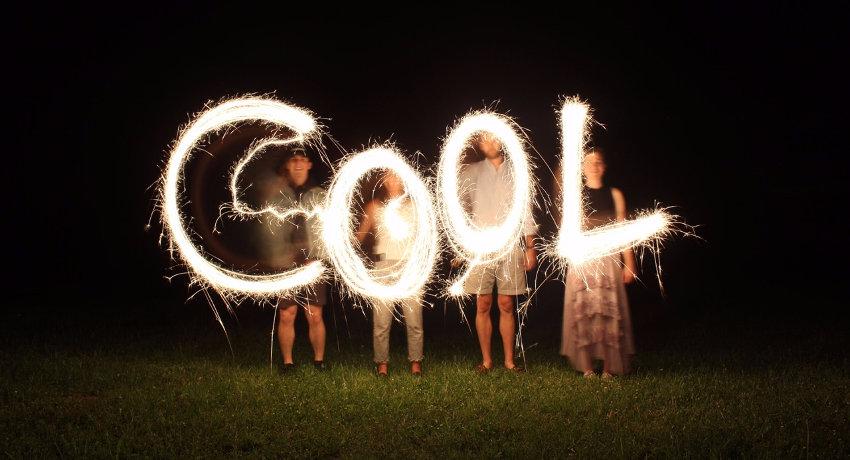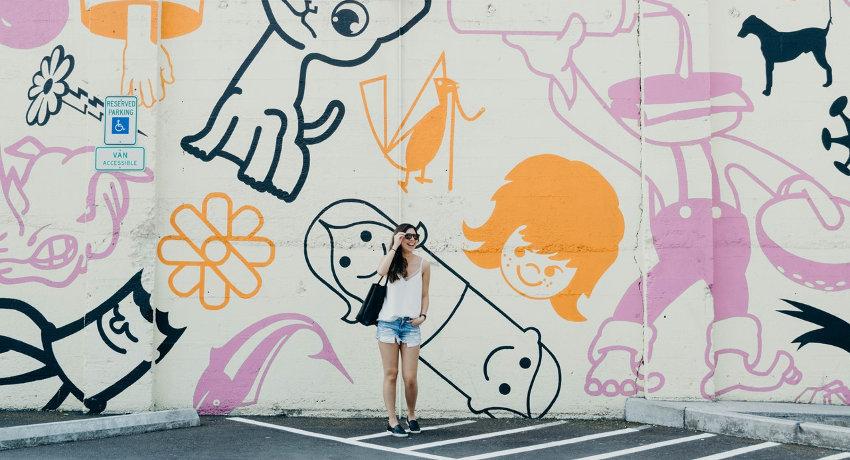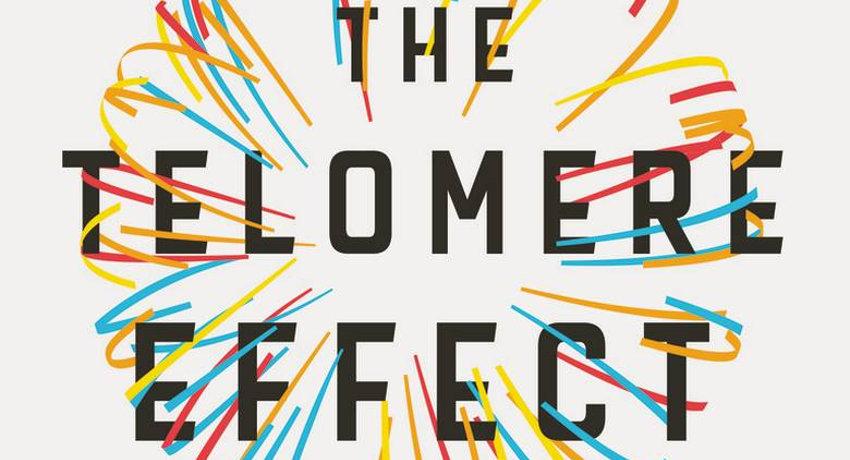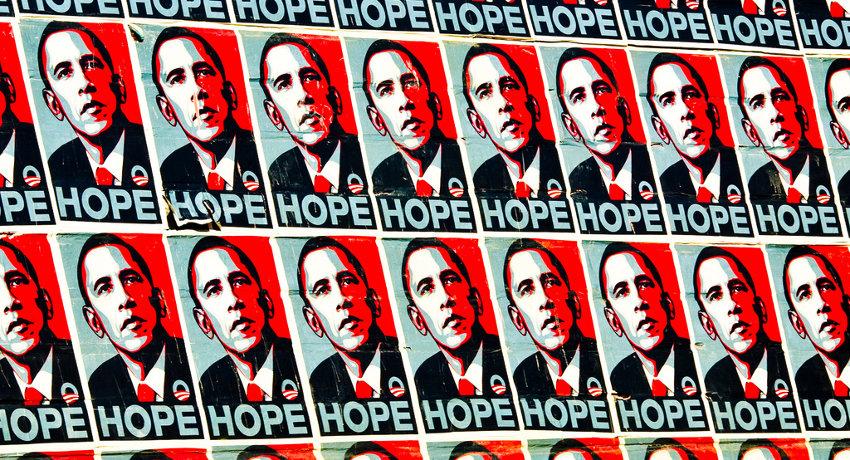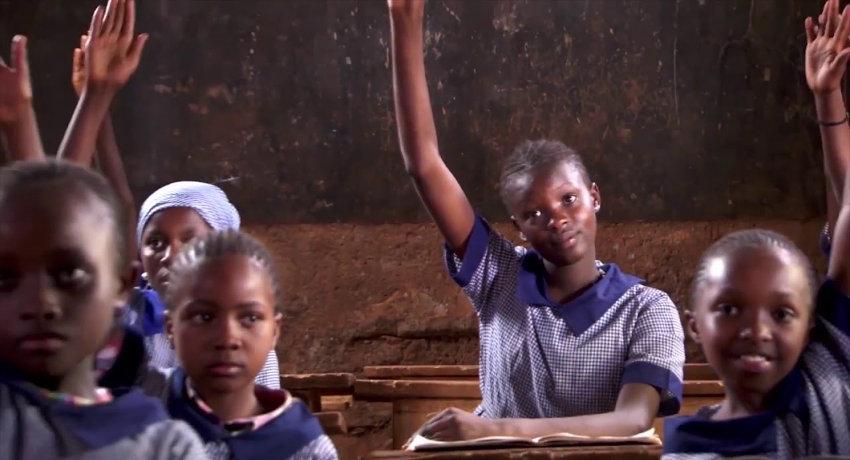Maggie Hamilton
The future, our own and that of the planet is fluid, full of possibilities. Imagine that. When we apply our love, intelligence and passion to how things might be, anything is possible.
Boys have always had secret lives. It’s part of growing up. That’s why boys love cyberspace and new technologies. They’re beyond the reach of parents, and they offer boys endless ways to hang out with peers, to explore, to push their boundaries, to belong.
While this generation of teens is the most affluent and articulate yet, studies indicate they’re battling escalating levels of anxiety and depression. Not surprising given today’s teens are facing a whole raft of new experiences and challenges no other generation has faced. So how can we help them join the dots?
Few adults appreciate the overwhelming pressure our boys and girls are facing to think, act, dress, consume, and interpret the world in ways, which all too frequently diminish and dehumanise, which impacti our home life and schools, our communities and nation.
It’s concerning to see boys at war with themselves and the world. But what if radicalisation were to provide us with some powerful insights? We know boys adrift from society are at their most vulnerable. Yet too often we fail to assist these boys, so they struggle on alone.
One of the most exciting books in recent times is the remarkably readable research by Nobel prize-winning Elizabeth Blackburn PhD and heath psychologist Elissa Epel PhD, who zero in on telomeres, the part of our chromosomes that impacts our health and longevity.
Some days it’s hard to know if anything we do is significant, to allow our moments of doubt to bring us down. It helps to learn from those who know what it’s like to dare to present a new vision for the world.
A very special idea has just been born. A brilliant one for one concept. For every woman or girl who buys a packet of her/ tampons or pads, a girl in the third world gets a free pack, which means un-initerrupted schooling, no more shame around periods, no more use of bark and whatever else African girls can find, causing infection. The packs will be distributed through the ZanaAfrica Foundation – www.zanaafrica.org

